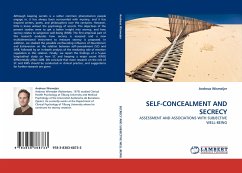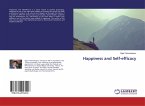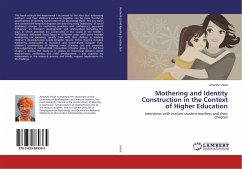Although keeping secrets is a rather common phenomenon people engage in, it has always been surrounded with mystery, and it has inspired writers, poets, and philosophers over the centuries. However, little is know anbout the psychology of secrets. The objectives of the present studies were to get a better insight into secrecy, and how secrecy relates to subjective well-being (SWB). The first empirical part of this research evaluates how secrecy is assessed and a new multidimensional instrument to measure secrecy is proposed. In addition, we studied the possible confounding influence of Neuroticism and Extraversion on the relation between self-concealment (SC) and SWB, followed by an in-depth analysis of the mediating role of emotion regulation in this relation. Finally, we report the findings of a 5-year longitudinal study on how SC and keeping a major secret (KMS) differentially affect SWB. We conclude that more research on the role of SC and KMS should be conducted in clinical practice, and suggestions for further research are given.
Bitte wählen Sie Ihr Anliegen aus.
Rechnungen
Retourenschein anfordern
Bestellstatus
Storno








